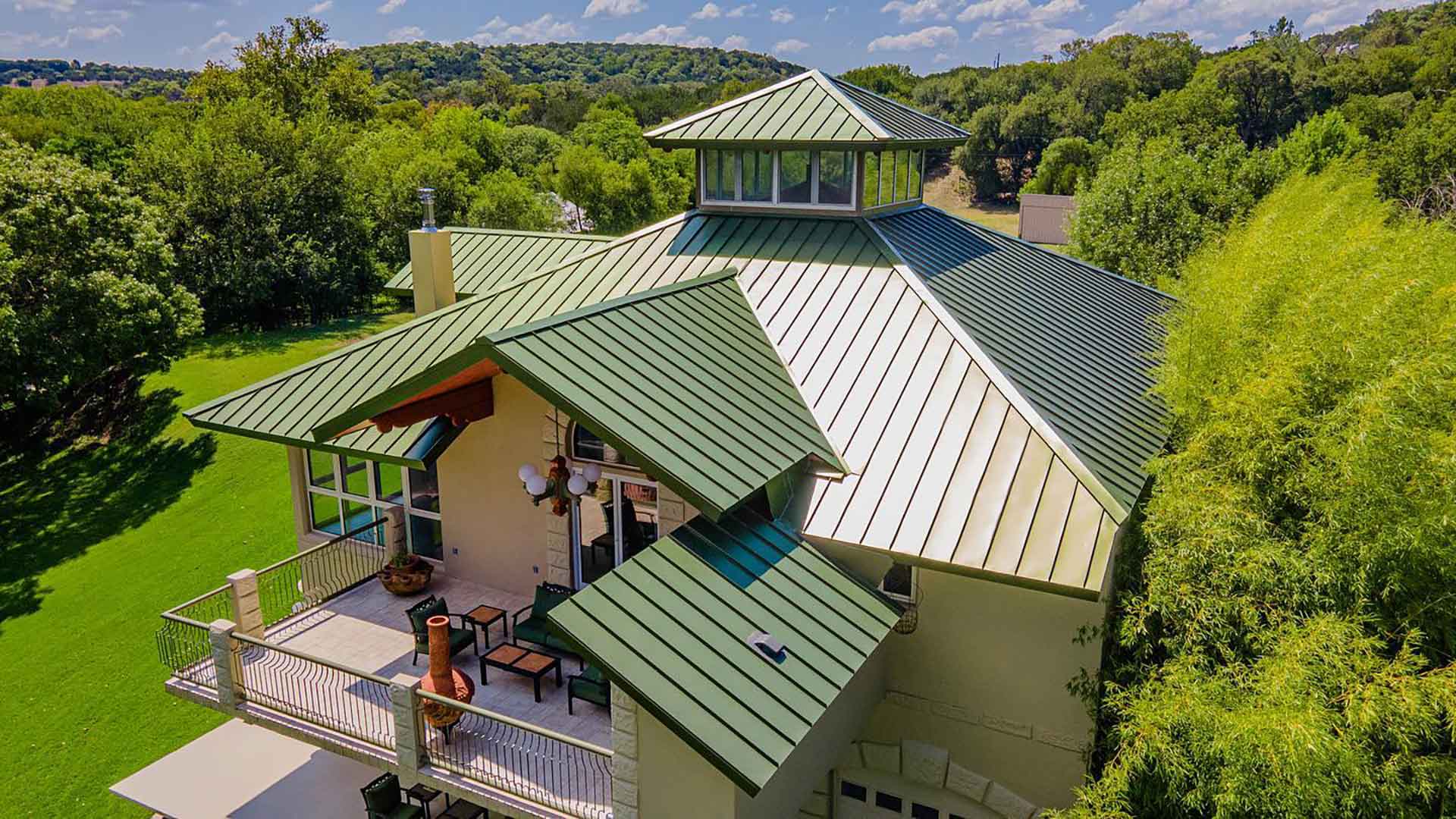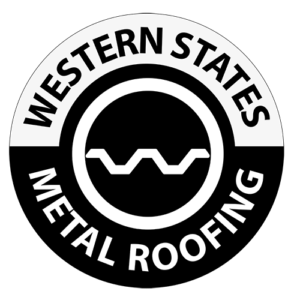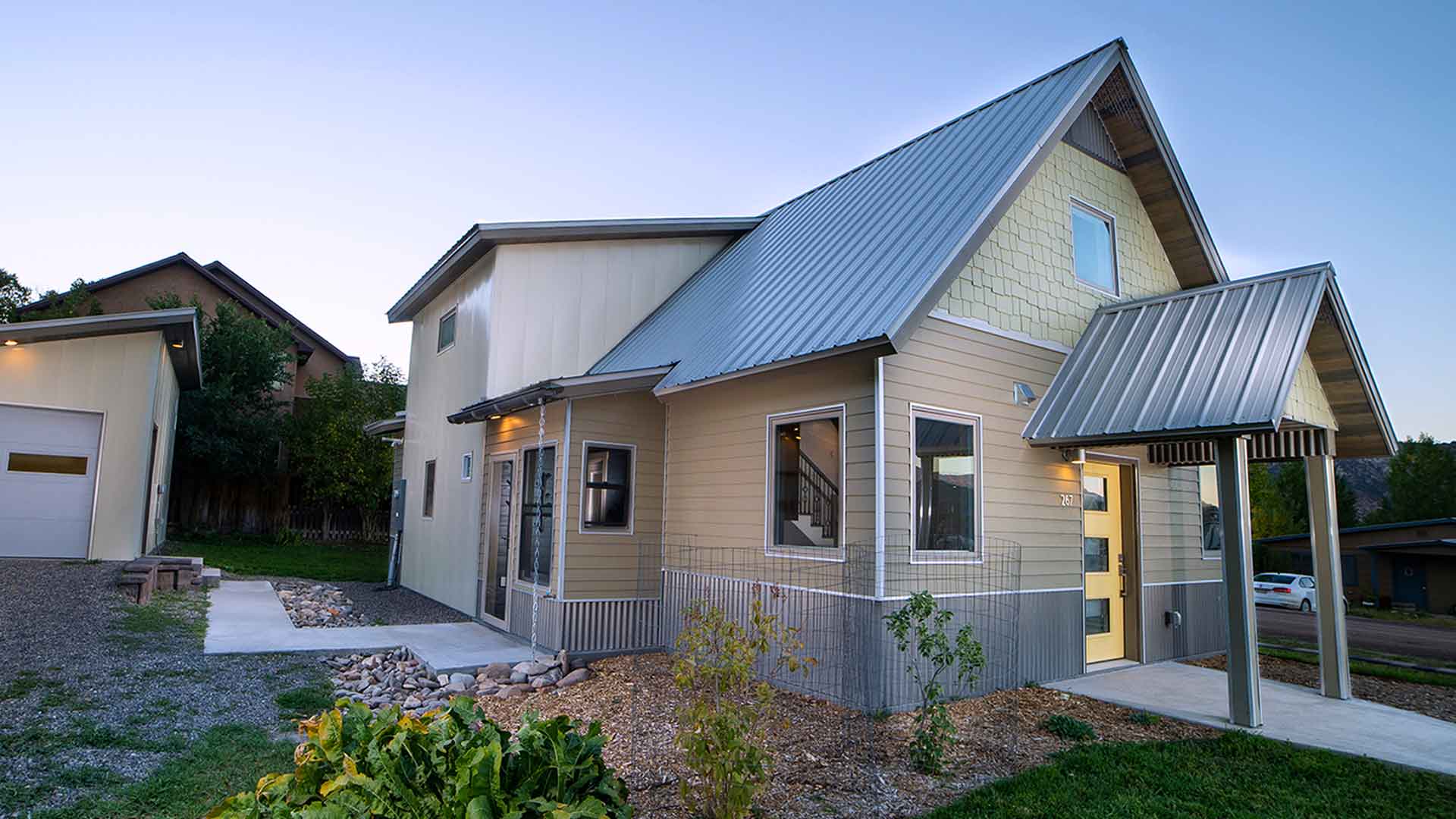 https://aluminumroofing.com/wp-content/uploads/2022/07/regal-white-pbr-panel.jpg 1080 1920 Mykela Agojo https://aluminumroofin.wpengine.com/wp-content/uploads/2022/05/western-states-metal-roofing-logo-300x300-1-300x300.png Mykela Agojo2023-04-04 21:54:592023-04-04 21:56:35Choosing The Right Aluminum Roofing For Your Project
https://aluminumroofing.com/wp-content/uploads/2022/07/regal-white-pbr-panel.jpg 1080 1920 Mykela Agojo https://aluminumroofin.wpengine.com/wp-content/uploads/2022/05/western-states-metal-roofing-logo-300x300-1-300x300.png Mykela Agojo2023-04-04 21:54:592023-04-04 21:56:35Choosing The Right Aluminum Roofing For Your ProjectNot all roofs are created equal. Not even all metal roofs.
When it comes to aluminum roofing– less is more. Meaning that while it’s the lightest of all the metals (actually of all roofing materials in general), aluminum replicates the strength of much thicker metals. In some cases, aluminum is even stronger.
At Western States Metal Roofing, we get asked a lot about the different types of metal and which one is best to use for a roof. Truthfully, it really depends on the situation.
The location of a home and it’s roof pitch make a big difference in determining what kind of metal is best to use. Aluminum has many benefits for roofing, but is not right for every situation.
In this article, we go over the pros and cons of aluminum roofing and when it is best for you to use.
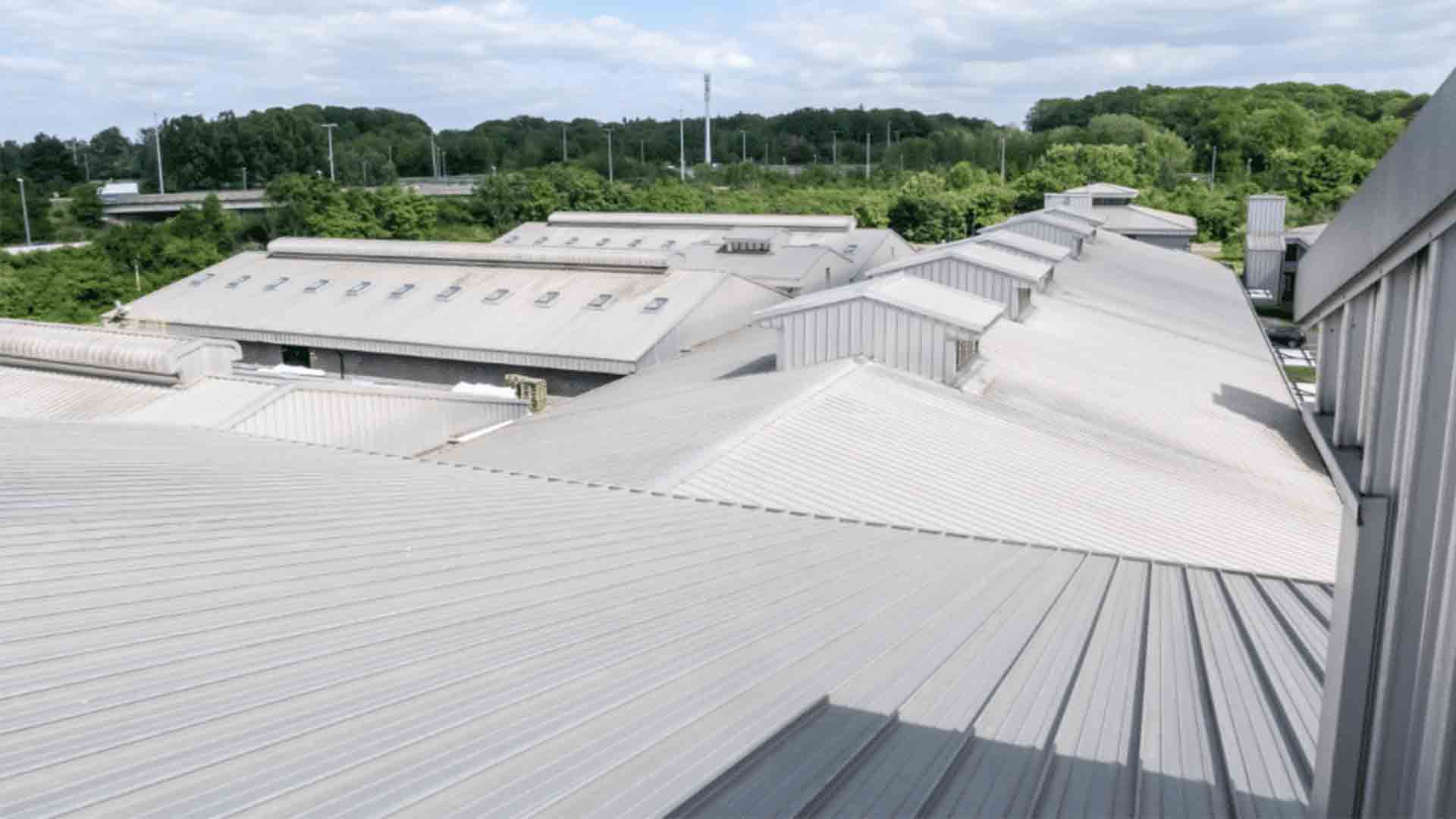
What Is Aluminum Roofing?
Aluminum roofing is a roofing system made from lightweight, malleable, and corrosion resistant aluminum panels. Aluminum is actually the most lightweight roofing material on the market while also being durable. The strength to weight ratio is higher for aluminum than the other types of metals used for roofing.
An aluminum roof provides easy maintenance, a long lifespan, and comes in a variety of different colors. Aluminum is used for architectural roofing and not structural roofing.
Since aluminum is a type of metal, some use the terms “aluminum roofing” and “metal roofing” interchangeably. However, aluminum roofing is a type of metal roofing.
Other types of metal roofing include:
- Copper
- Zinc
- Steel
You may notice we compare aluminum to steel several times throughout this article. This is because they are the two most popular metal roofing choices that are often compared to each other.
Aluminum Roofing Advantages
Corrosion Resistant
Arguably its biggest advantage, aluminum does not rust. Rust is actually iron oxide and most aluminum has very minimal amounts of iron. Aluminum will oxidize though and you should use a paint system that’s designed for your climate.
It is the ideal material for climates with heavy rainfall and coastal applications. The sea salt spray from the water will have no effect on the aluminum substrate, whereas it would make a steel roof rust rather quickly.
Lightweight
Aluminum weighs as little as 5 lbs per square foot, and is the lightest roofing material. Besides making it easier to move and work with, a lightweight roof puts less stress on your home structure as opposed to heavier materials.
Energy Efficient And Eco-friendly
Aluminum does not get as hot as steel and it cools down faster. This is especially beneficial to help keep your home cooler and your electric bill lower on hot summer days. Homeowners with an aluminum roof can save up to 20% on heating and cooling costs.
Aluminum is also an eco-friendly roof. It’s made from approximately 95% recycled aluminum.
Long Lasting
Aluminum is a long lasting roofing material. The average lifespan of an aluminum roof is 50 years, but has been known to last beyond 70 years.
Aluminum Roofing Disadvantages
Cost
The price of aluminum roofing can run up to 20% more than steel roofing.
Aluminum panels range between $8-12 per square foot for materials.
More Prone To Denting
Aluminum is a softer metal when compared to steel. When it comes to hail, falling branches, or even walking on the roof, aluminum is more prone to dents from the weight.
Using a thicker gauge aluminum will help with its strength and durability, but will also cost more. The lower (thicker) the gauge, the higher the price.
When Is It Best To Use Aluminum Roofing?
Aluminum roofing is a premium metal roofing material that may cost more than steel up front, but can be very beneficial when used in the right areas.
Aluminum Roofing Is Best Used:
- In coastal regions where corrosion is a concern.
- For architectural roofing.
- For roofs with a minimum slope of 3:12.
About the Author

Lauren Risotto
Lauren is the Content Manager at Western States Metal Roofing and provides insight on content creation and product promotions.
Other articles you might enjoy…
Aluminum vs. Steel vs. Vinyl Siding: Which Is Better For My Home?
Deciding between aluminum, steel, and vinyl for your new home siding? We compare the pros and cons of each to help you decide which siding is right for your home.
 https://aluminumroofing.com/wp-content/uploads/2022/07/regal-white-pbr-panel.jpg 1080 1920 Mykela Agojo https://aluminumroofin.wpengine.com/wp-content/uploads/2022/05/western-states-metal-roofing-logo-300x300-1-300x300.png Mykela Agojo2023-04-04 21:54:592023-04-04 21:56:35Choosing The Right Aluminum Roofing For Your Project
https://aluminumroofing.com/wp-content/uploads/2022/07/regal-white-pbr-panel.jpg 1080 1920 Mykela Agojo https://aluminumroofin.wpengine.com/wp-content/uploads/2022/05/western-states-metal-roofing-logo-300x300-1-300x300.png Mykela Agojo2023-04-04 21:54:592023-04-04 21:56:35Choosing The Right Aluminum Roofing For Your Project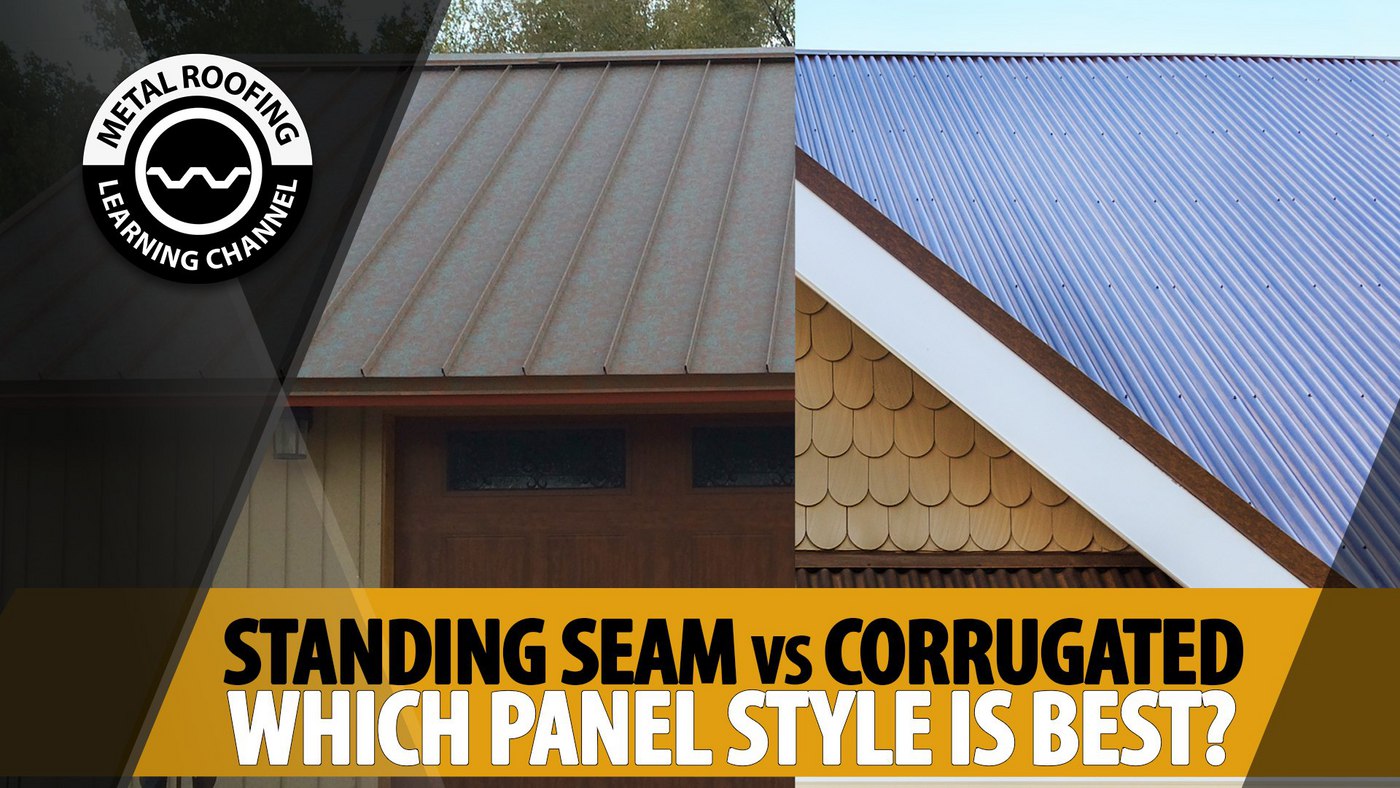
Standing Seam vs. Exposed Fastener Panels
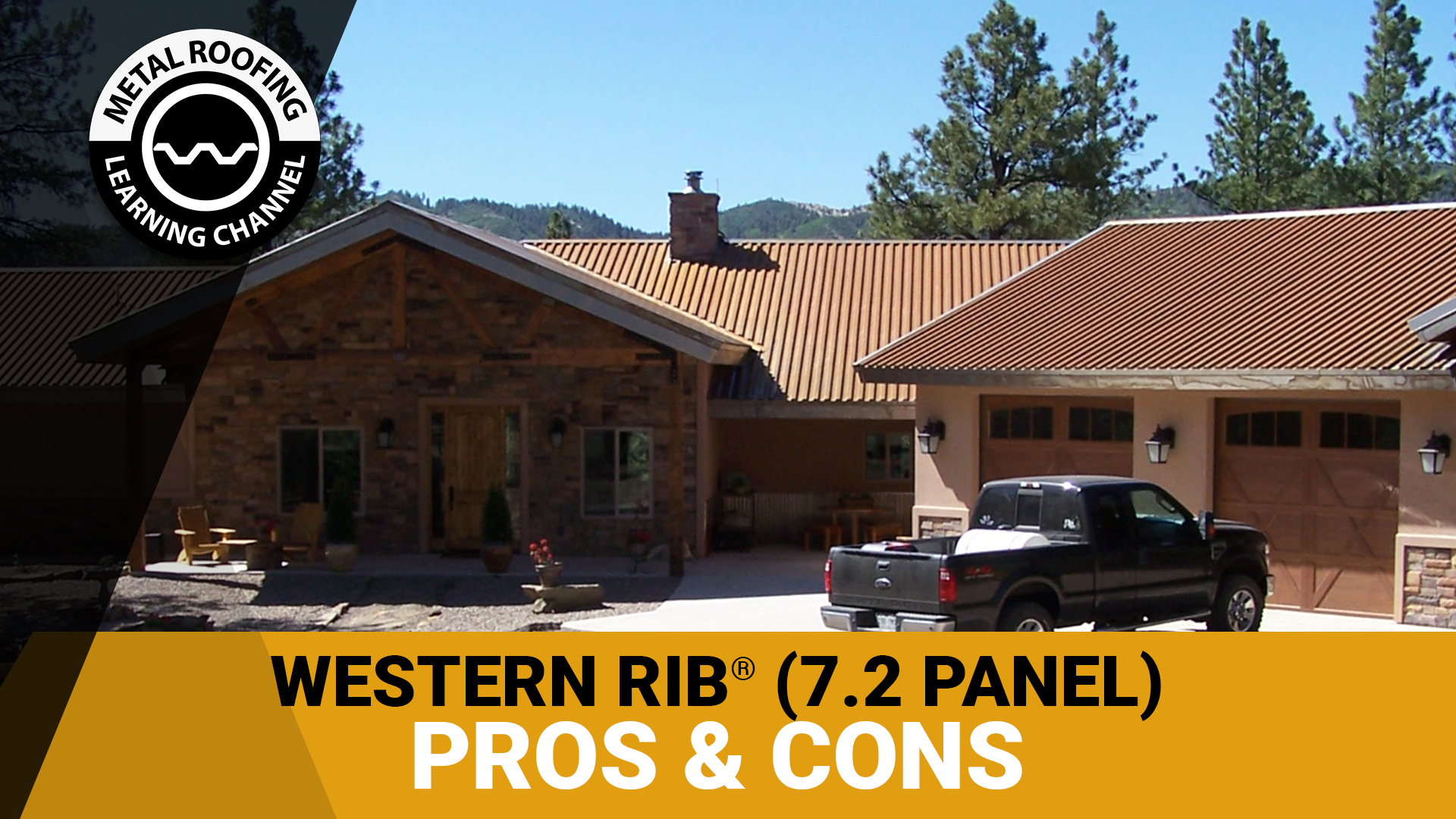
Western Rib®(7.2 Panel) Aluminum Panel: Pros & Cons
Phoenix, AZ
Main Headquarters
901 W Watkins Rd
Phoenix, AZ 85007
(877) 787-5467
Tucson, AZ
Distribution Hub
4975 E. Drexel
Tucson, AZ 85706
(520) 574-4247
Dallas/Ft. Worth
Manufacturing/Dist.
15023 County Road 545
Nevada, TX 75173
(972) 843-4343



